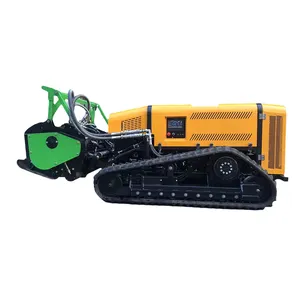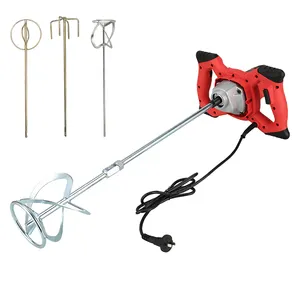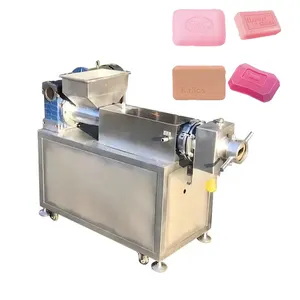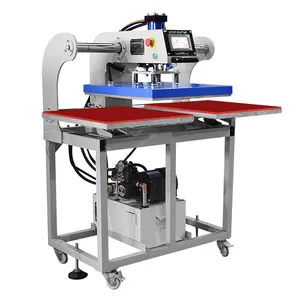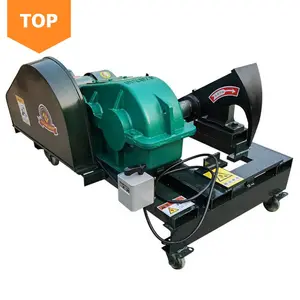Popular in your industry






























































Related Searches:


































































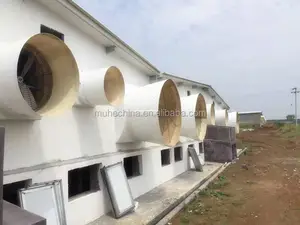




































































Top categories
About cooling compensator
Cooling Compensator Overview
Cooling compensators are essential components in the realm of refrigeration and heat exchange systems. These devices play a pivotal role in maintaining the efficiency and stability of thermal management equipment. By accommodating thermal expansion and contraction, cooling compensators ensure the longevity and consistent performance of cooling systems.
Types and Variations
The market offers a diverse range of cooling compensators, each designed to fit specific system requirements. From compact designs for small-scale applications to robust models for industrial use, the variety ensures compatibility across different equipment. The selection includes bellows-type compensators, sleeve compensators, and lateral compensators, among others, each serving a unique function within thermal systems.
Material and Design Innovation
Innovative materials are at the core of cooling compensator manufacturing. Stainless steel, known for its durability and resistance to corrosion, is commonly used. Advanced polymers are also employed for their flexibility and resistance to various chemicals. The design process incorporates cutting-edge technology to enhance the compensator's resilience against environmental factors, such as temperature fluctuations and humidity.
Applications and Features
Cooling compensators are integral to a multitude of applications, including HVAC systems, refrigeration units, and industrial cooling processes. Their features, such as vibration absorption and noise reduction, contribute to the seamless operation of equipment. The adaptability of these compensators to different temperature ranges and their resistance to wear and tear make them suitable for challenging operational conditions.
Advantages of Using Cooling Compensators
Utilizing cooling compensators in thermal management systems brings several advantages. They provide a solution for thermal expansion issues, minimize the risk of mechanical failure, and contribute to the overall energy efficiency of the system. Their design simplicity allows for ease of integration into existing setups, making them a practical choice for system upgrades or new installations.
Choosing the Right Compensator
Selecting the appropriate cooling compensator is crucial for optimal system performance. Factors to consider include the operating temperature range, the type of refrigerant used, and the specific requirements of the thermal system. While the selection process may seem daunting, the variety of options available ensures that there is a compensator to meet the needs of virtually any cooling or heat exchange application.
